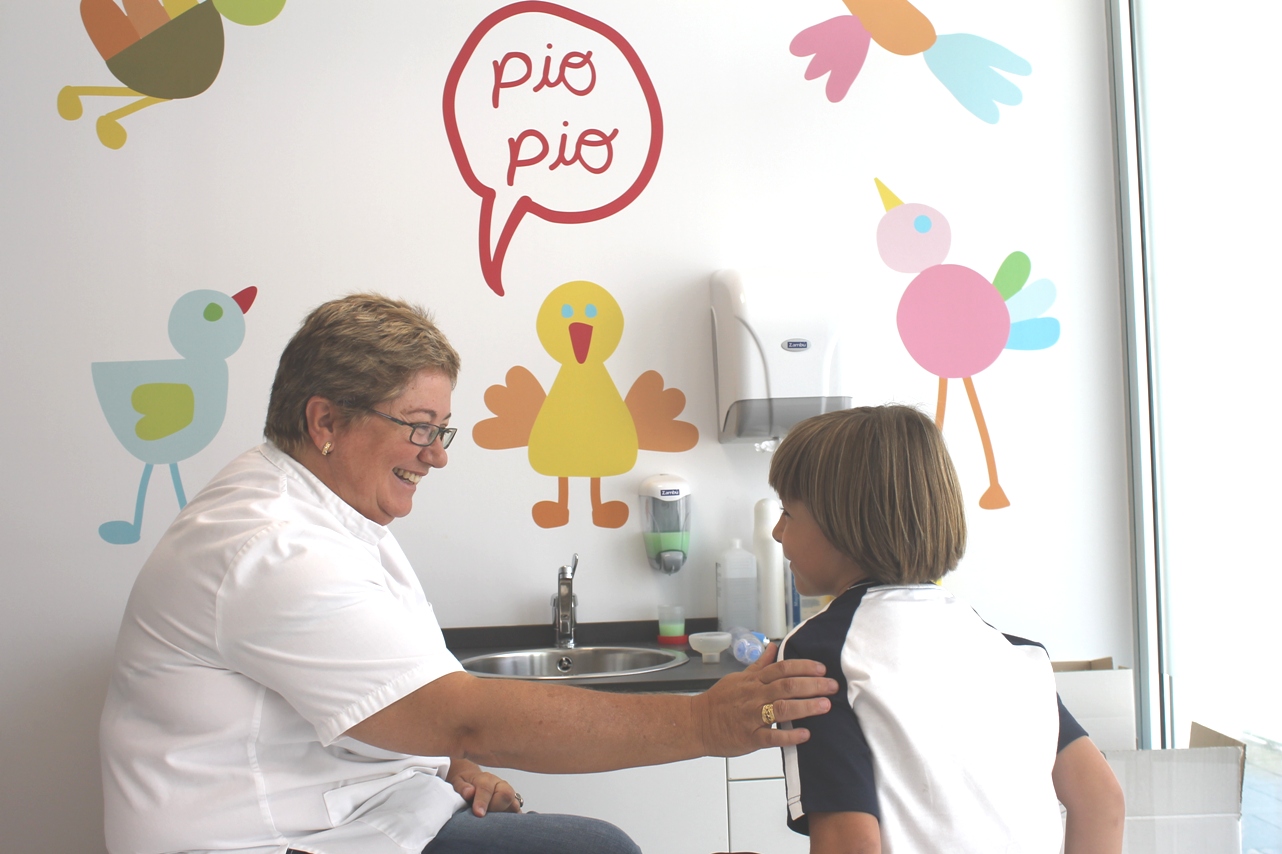I look in amazement at the strange ‘collective briefing sessions’ initiative that has recently been put into place in the Valencian public healthcare system. It seems like the aim is to cut waiting lists, a great and unfair weakness in the traditional public healthcare system, by combining briefing sessions with ‘pre-anesthesia consultations’ for a large number of patients, in a simultaneous and collective way.
With the utmost respect towards all of those involved in this issue, I believe 21st century healthcare systems should not go down this path. In my opinion, ‘citizens are demanding increased excellence in public services’, in line with greater levels of comfort, privacy, respect for the individual as a whole, and safe and quick customer care. Professionals, medical and nursing associations, scientific societies, etc. are also demanding that, when dealing with experiences as innovating as these, their opinions be taken into account, work be done on the basis of consensus, and best known practices always be applied.
It seems that this has not been the case. Valencian society has come to know about this ingenious practice through the media, leading to a huge scandal and concern by many people, to the extent that these ‘massive briefing sessions’ have been completely cancelled.
As a popular Spanish saying goes, ‘experiment only with soda water’ (roughly translated as “don’t experiment with important issues”), which applied to our sector means that in healthcare, which we should not forget is our most valuable asset as human beings, we need to be very careful. However, everything is a learning experience. I therefore believe that shortcuts are not advisable when thinking about the prestige of Valencian public healthcare, now called into question, and especially about the safety of patients and of all the professionals that have had to manage these ‘collective briefing sessions’.
It is long term reforms that matter, not cutbacks, which are always short term and have a negative impact on everyone. Analyzing the situation carefully and taking into account the importance of healthcare promotion and disease prevention plans in a positive spirit, I suggest something that could be a good idea: holding ‘collective briefing sessions’ and continuing the ‘individual consultations’ so patients can sign their consent in the presence of a professional who can answer any questions and give advice, always maintaining the privacy of a medical act. Don’t you agree?

